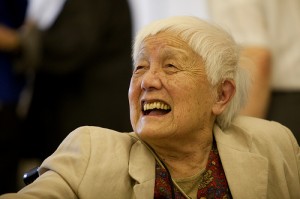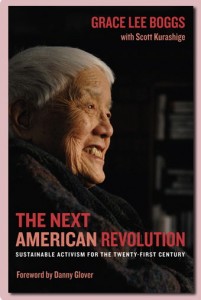As gentrification rolls across New York City like a tsunami, residents of lower-income neighborhoods like East Harlem are both concerned and conflicted about the changes occurring around them. This “Latino core” has one of the highest concentrations of public housing in the country. According to educator-scholar-activist Edwin Mayorga, approximately 31% of East Harlem residents in poverty, 45% are children and of those, 55% are Latino.
With luxury housing replacing older tenements, residential and commercial rents on the rise, and more wealthy, primarily White, people moving in, current residents are already being priced out, and the flavor of the neighborhood is changing. As one resident interviewed in Ed Morales’ documentary Whose Barrio? described, gentrification in East Harlem is the “urban removal” of Latino residents. The film, created by journalists Ed Morales and Laura Rivera’s and released in 2009, examines the changes in East Harlem through the perspectives of several residents, some of whom oppose them and others who welcome it. You can watch the full film here and watch the trailer here:
INQ 13 – Teddy Cruz – Diaspora – How Does El Barrio Live Beyond East Harlem
While East Harlem has already begun to experience these changes, there is a strong network of community groups, cultural institutions, tenants’ rights organizations, and other activists working to advocate for the neighborhood. Furthermore, with gentrification impacting so many communities across the city, the issue is gaining the attention of the general population and policymakers. With a history of activism and an identity as a strong Latino community, many in East Harlem are actively resisting the pressures of gentrification. As the community response to recent tragic explosion and building collapse demonstrated, this neighborhood is a cohesive and engaged community that stands a chance to resist some of the destabilizing changes that accompany gentrification.







